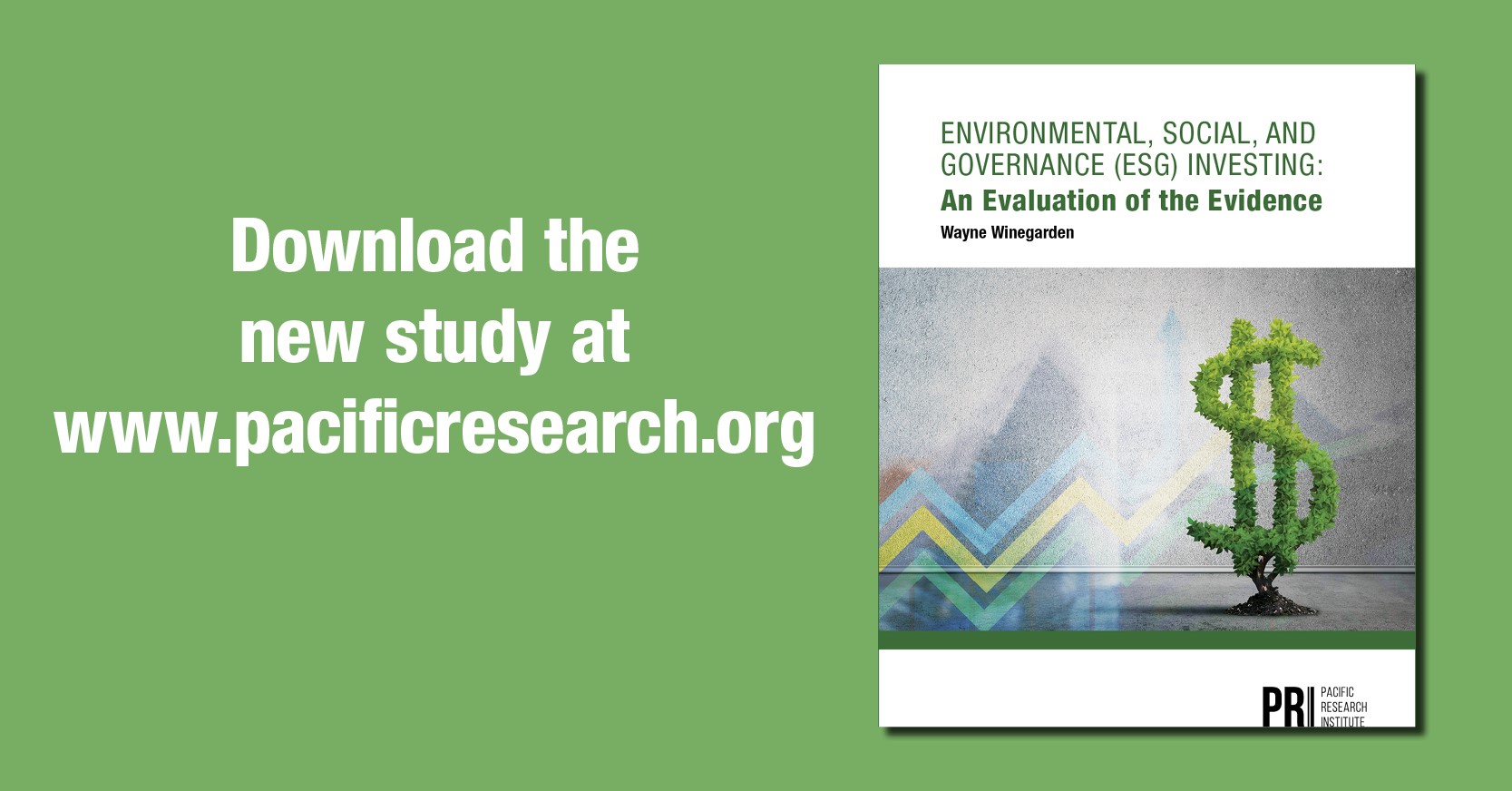A Sign the ESG Movement Is Too Big to Ignore: There’s Backlash
By Peter Coy
The legal principle that corporate boards must focus exclusively on maximizing value for shareholders wasn’t always taken for granted. It was enshrined in a 1919 court decision involving Henry Ford and two of his car company’s shareholders, the Dodge brothers. As chairman and majority owner of Ford Motor Co., he had repeatedly raised his workers’ pay, cut the price of the Model T, and reinvested profits in expansion. If Ford were around today his stance might be applauded by the environmental, social, and governance (ESG) movement on Wall Street. “My ambition is to employ still more men, to spread the benefits of this industrial system to the greatest possible number, to help them build up their lives and their homes,” he said in a speech introduced at trial.
Ford lost, though not entirely. Minority shareholders John Francis Dodge and Horace Elgin Dodge, who were scraping together money to launch a rival automaker, sued him to stop frittering away profits and to raise dividends. In Dodge v. Ford Motor Co., the Michigan Supreme Court ordered Ford to pay an extra dividend. But it simultaneously undercut the principle of shareholder primacy by affirming what’s now known as the business judgment rule, which gives boards of directors wide latitude to decide what’s in the best interest of the corporation.
That ambiguity has never been resolved. For a century there’s been a struggle between advocates of shareholder primacy and those who say corporations should take into account other priorities, particularly environmental, social, and governance issues. As ESG has gained prominence it’s generated a quiet backlash. In the waning days of the Trump administration, three federal agencies are promulgating rules to narrow the scope for considering ESG factors in business and investing decisions, even as lawyers predict the Biden administration will go in the other direction . . .
The Trump administration does have a point that there’s a potential conflict between ESG and a board’s fiduciary duties. Some ESG advocates try to elide the conflict by arguing that doing good for the environment, society, and governance increases corporate profitability in the long run. That’s true in some cases, but ESG isn’t simply a $100 bill on the sidewalk. The profitable parts of it are already being done willingly, or at least could be done soon. The resistance, political and otherwise, is to the unprofitable parts. “You can’t get away from the idea that ESG takes away from profitability,” says Wayne Winegarden, a senior fellow in business and economics at the free-market Pacific Research Institute. “In that type of environment you’re talking about political issues, not economic issues.”

